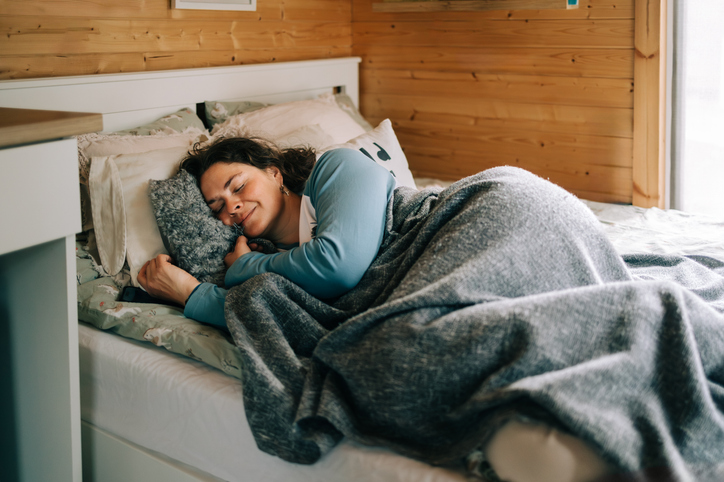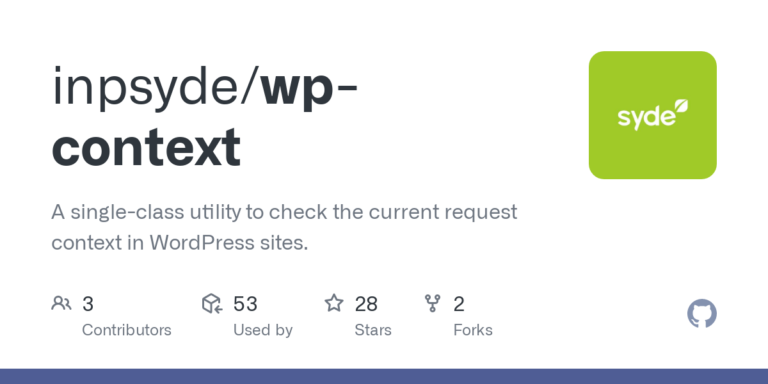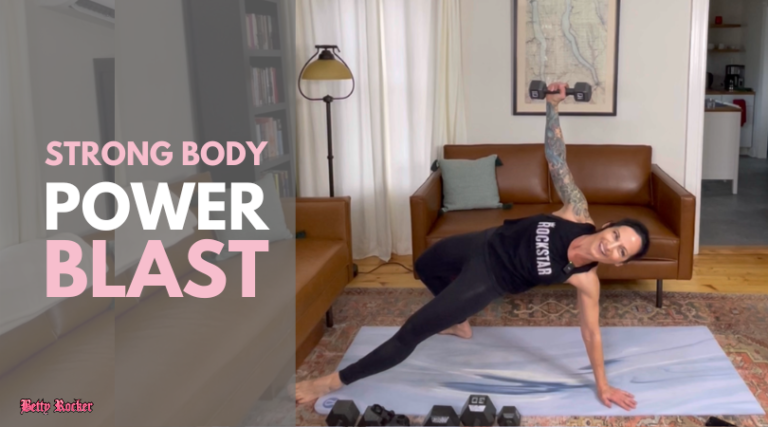
Sleep.ai, a sleep intelligence platform, has raised $5.5 million in funding, which it will use to advance its AI models that analyze sleep patterns, it announced on Tuesday.
The Carlsbad, California-based startup, formerly known as SleepScore Labs, offers a suite of APIs that can be integrated into other health and wellness apps to power their sleep support features. This support includes sleep data tracking, actionable insights into users’ sleep patterns and personalized coaching. The company also provides research and development services — including product validation, sleep studies and claims support — to help businesses create effective sleep solutions.
In addition, Sleep.ai offers a fully reimbursed app that’s available to all German citizens. The app provides sleep tracking, sleep analysis and coaching.
Sleep.ai’s $5.5 million in funding was led by Treasure Coast Ventures and included participation from Nurture Ventures, the Harvard Business School Alumni Angels of Greater New York and Supermoon Capital. In total, the company has raised about $15 million.
“Sleep is emerging as one of the most critical and under-addressed frontiers in global health, and no company is better positioned to lead it than Sleep.ai,” said Robert Padulo, Ph.D., managing partner of Treasure Coast Ventures, in a statement. “Their unmatched dataset, scientific rigor, and proven ability to translate research into scalable, commercial solutions set them apart in a crowded AI market.”
The financing will be used to advance its AI models, according to Colin Lawlor, founder and CEO of Sleep.ai. It’s also investing in its go-to-market strategy by building brand awareness and expanding partnerships in the health and wellness space.
The funding announcement comes at a time when sleep deprivation is costing the global economy more than $411 billion annually in accidents, lost productivity and health issues. And there is very little support available, with about one sleep specialist for every 43,000 patients in the U.S. with obstructive sleep apnea.
“Consumers today are making decisions and trying all sorts of interventions,” Lawlor said. “Some are proven and supported and others are not. Some are safe and others are not. That is just not really a successful formula because trial and error … results in years of lost sleep, and in many cases, that’s very difficult to recover in terms of the long-term health effects. We think that the first issue around sleep is we need to collect data. … We take the data, we make sense of that data, and AI is a tremendous enabler of being able to do all of that.”
In the next few years, Lawlor hopes Sleep.ai touches at least a billion people through its partnerships.
Several other companies also offer AI products for sleep. These include Eight Sleep, which offers a bed cooling system, and Fullpower, which provides remote in-home sleep monitoring. However, Lawlor considers these companies’ services to be complementary to what Sleep.ai provides.
Photo: Olga Pankova, Getty Images






